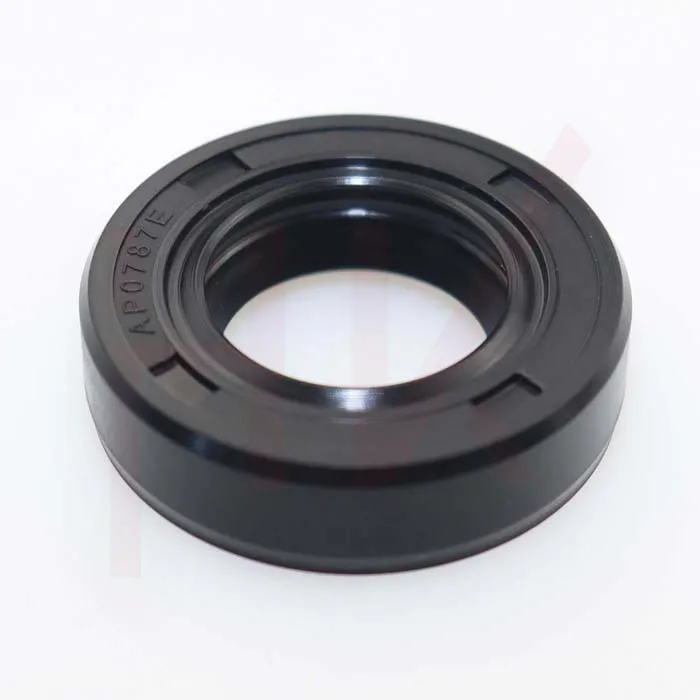Sep . 13, 2024 09:52 Back to list
single acting piston seal
Understanding Single Acting Piston Seals
Single acting piston seals play a crucial role in various hydraulic and pneumatic applications, ensuring efficient operation and reliable performance. These seals are designed specifically for use in cylinders that apply pressure to one side of the piston only, making them essential components in systems where space and simplicity are paramount.
What is a Single Acting Piston Seal?
A single acting piston seal is a sealing mechanism used to prevent fluid leakage in a cylinder during the application of pressure on one side of the piston. Unlike double acting seals, which can contain pressure on both sides, single acting seals are engineered to function optimally in systems that exert force in one direction. This unique design not only enhances sealing performance but also minimizes friction, resulting in improved efficiency and longevity of the sealing component.
Design and Materials
The design of a single acting piston seal typically includes a resilient elastomer or thermoplastic material that molds to the cylinder walls, creating a tight seal. Common materials used for these seals include nitrile rubber, polyurethane, and polytetrafluoroethylene (PTFE). Each material offers specific advantages; for example, nitrile rubber provides excellent resistance to hydraulic fluids, while PTFE is known for its low friction properties and high temperature resistance.
The geometry of single acting piston seals varies, with common designs featuring lip profiles that help to enhance their sealing capability
. The shape and configuration of these seals are critical, as they not only prevent leakage but also accommodate the thermal expansion and contraction of the materials involved.single acting piston seal

Applications
Single acting piston seals are widely used in various industries, including automotive, aerospace, and manufacturing. They are commonly found in hydraulic cylinders, pneumatic cylinders, and various equipment that require linear motion. For instance, in automotive braking systems, single acting piston seals are vital for ensuring that hydraulic pressure is maintained while preventing fluid from leaking.
Maintenance and Replacement
Although single acting piston seals are designed for durability, they are not immune to wear and tear. Factors such as operating temperature, pressure fluctuations, and exposure to contaminants can affect their lifespan. Regular maintenance and inspection are essential to detect early signs of wear or damage. If a seal shows signs of deterioration, prompt replacement is crucial to prevent potential equipment failure and costly downtime.
Conclusion
In summary, single acting piston seals are integral components in many mechanical systems, providing essential sealing functions that ensure operational efficiency and safety. Understanding the design, materials, and applications of these seals can help engineers and technicians select the right type for their specific needs, ultimately enhancing the performance and reliability of their systems. With proper maintenance and timely replacement, single acting piston seals can significantly extend the lifespan of hydraulic and pneumatic equipment, making them a key consideration in industrial applications.
-
TCN Oil Seal Metal Ring Reinforcement for Heavy Machinery
NewsJul.25,2025
-
Rotary Lip Seal Spring-Loaded Design for High-Speed Applications
NewsJul.25,2025
-
Hydraulic Cylinder Seals Polyurethane Material for High-Impact Jobs
NewsJul.25,2025
-
High Pressure Oil Seal Polyurethane Coating Wear Resistance
NewsJul.25,2025
-
Dust Proof Seal Double Lip Design for Construction Equipment
NewsJul.25,2025
-
Hub Seal Polyurethane Wear Resistance in Agricultural Vehicles
NewsJul.25,2025
-
The Trans-formative Journey of Wheel Hub Oil Seals
NewsJun.06,2025
Products categories
















